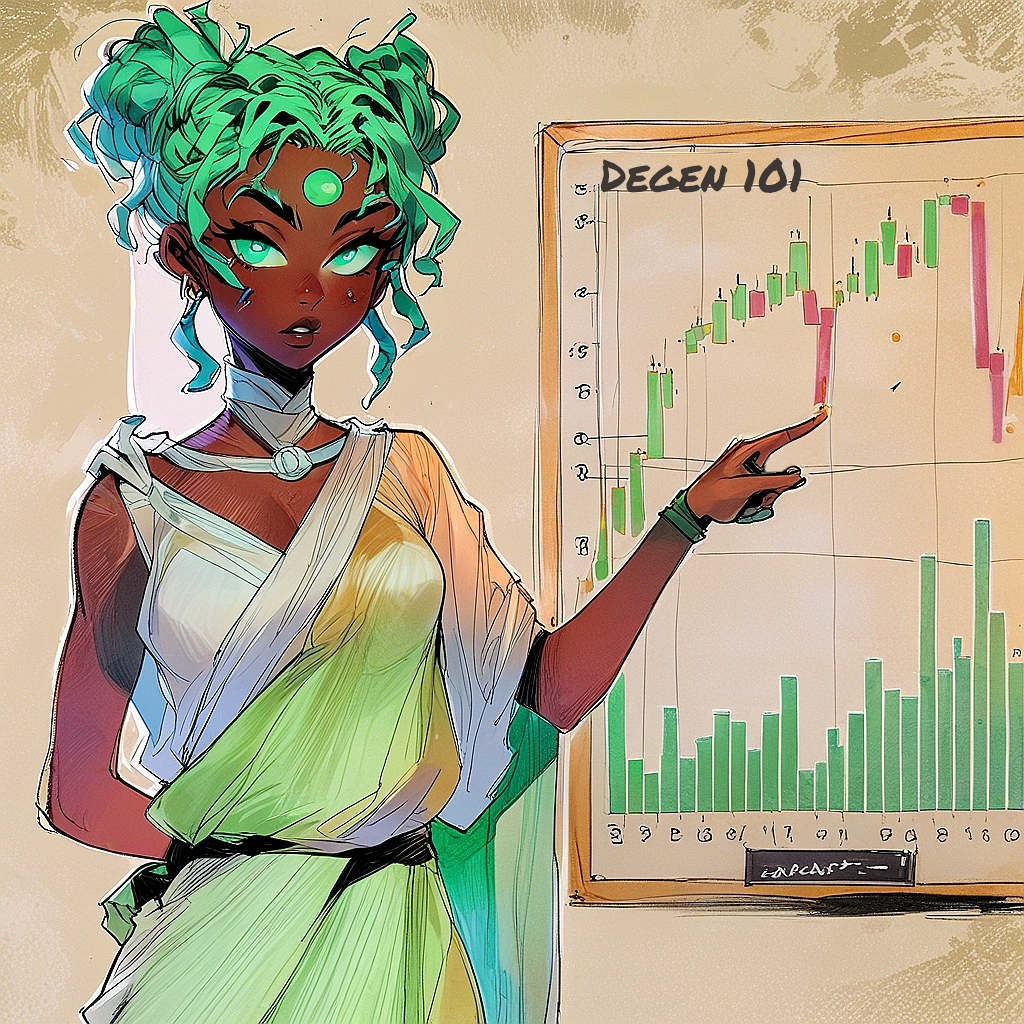Cryptocurrency has taken the world by storm over the past decade, promising huge returns and revolutionary technology. But is it really a good investment for the average person? Let’s break it down.
How crypto has performed vs. traditional stocks
So just how well has crypto performed compared to more traditional stocks? Well since inception, the answer is a resounding “really fucking well”. We feel that we basically have to point out that this answer has some caveats in later sections; please don’t just read this section and go out and throw all your money into crypto.
Crypto vs traditional stocks over the last five years.
This example uses Dollar Cost Averaging or #DCA#. If you want to know what that is, check out Crypto as an Investment: Investment Styles.
For this example we have used Bitcoin and Ethereum (the two most well established cryptocurrencies) and compared them to investing the same amount in the S&P 100 (a collection of 100 large U.S. companies’ stocks).
Please note: Ethereum and Bitcoin are two of the more “stable” cryptocurrencies. We have used them as an example because of this. Whilst some cryptocurrency assets have outperformed them, many many others have not; some going literally to zero.
Our Investment Plan (this is an example, not financial advice):
Imagine you decided to invest $100 every month into three different things: Bitcoin, Ethereum, and the S&P 100. Let’s see how that would have played out from January 2019 to July 2023. (We chose 2023 as a cut off as cryptocurrency is currently approaching all time highs, we wanted a more representative example).
Bitcoin (BTC)
-
- January 2019 Price: ~$3,500
-
- July 2023 Price: ~$30,000
By investing $100 each month, you would have bought more Bitcoin when it was cheaper and less when it was expensive. Over 55 months, you’d end up with about 0.556 Bitcoins. In July 2023, those Bitcoins would be worth around $16,680.
Ethereum (ETH)
-
- January 2019 Price: ~$130
-
- July 2023 Price: ~$1,800
Doing the same with Ethereum, you’d accumulate around 17.89 Ethereum over the same period. By July 2023, your Ethereum would be worth approximately $32,202.
S&P 100 Index (Stocks)
-
- January 2019 Level: ~1,150 points
-
- July 2023 Level: ~1,800 points
If you invested $100 a month into a fund that tracks the S&P 100, you’d have bought shares steadily over time. After 55 months, you’d have about 3.33 units of this fund, worth around $5,994 by July 2023.
Comparing the Results
Here’s a quick snapshot of how your investments would look:
-
- Bitcoin: You invested $5,500 and ended up with about $16,680.
-
- Ethereum: You invested $5,500 and ended up with about $32,202.
-
- S&P 100: You invested $5,500 and ended up with about $5,994.
These numbers are obviously incredible; you may wonder, why is everyone not investing in this if the returns are so good? Well; there are a few reasons for that.
Bubbles: What are they and is crypto one of them?
A financial bubble occurs when the price of an asset rises significantly over its “intrinsic” value, driven by market behavior. Eventually, these bubbles burst, leading to a sharp decline in prices. The dot-com bubble of the late 1990s and the housing bubble of the mid-2000s are well known examples.
Cryptocurrencies have often been labeled as a bubble by critics. The dramatic rise and fall of Bitcoin’s price, especially in late 2017 when it reached nearly $20,000 and then crashed to around $3,000, is cited as evidence.
The argument is that many people invest in cryptocurrencies, not because of their inherent value or utility, but because they expect the price to continue rising – classic bubble behavior.
Supporters of cryptocurrencies argue that they represent a new frontier in technology and finance, similar to the early days of the internet. They believe that while there may be speculative bubbles within the crypto market, the underlying technology has long-term value that will continue to grow. The most zealous among them even talk of cryptocurrency “replacing the dollar”.
The take away from the idea of crypto as a “bubble” is that previous performance does not necessarily mean that it will continue to perform well. If crypto is a bubble then someone #DCAing# over the next 5 years could well see significant losses. Crypto is too new to draw meaningful data from its history.
Crypto as a “risk asset”
In financial terms, a “risk asset” is one that carries a significant degree of risk, often due to high volatility. Cryptocurrencies are considered some of the riskiest assets available. Their prices can be influenced by a wide range of factors, including regulatory news, technological advancements, and market sentiment.
As recently as a couple years ago, the price of Ethereum spiked sharply up because of a photo of Vitalik (the creator of Ethereum) in which he appeared to have an erection.
The point is crypto is volatile as hell.
What does this mean for investors?
Risk assets are the first ones that large investors unload when wider global market conditions might trend downwards. If you follow any major cryptocurrency through its history and look for the dates when negative global news hit; you’ll see this.
Russia’s invasion of Ukraine marked the beginning of a downtrend, and as recently as this year major incidents in Palestine and Israel were followed by quick dips in price.
These downturns in the crypto market are caused by large investors unloading their “risk assets” due to world events.
Fears over regulation
One of the factors that could have the biggest negative impact on cryptocurrency is government regulation. Many of the reasons diehard supporters of crypto like it, such as #decentralized# control, are the same reasons governments are wary.
Whether or not you feel regulation would be good for crypto (there are interesting arguments on both sides of it) the fact is it is likely going to happen.
Some investors worry that over regulation or even attempts to ban the sale of cryptocurrency in certain key economies (we’re looking at you America) would lead to sharp price decline from which there would be no recovery.
Conclusion
Cryptocurrencies have shown incredible growth and potential but come with significant risk and volatility. Comparing them to traditional stocks, they offer the possibility of high returns but also the possibility of substantial losses.
Understanding the nature of bubbles and recognizing crypto as a high-risk asset can help potential investors make more informed decisions.
We say once again: whilst major cryptocurrencies have performed well since their inception, they are too new to draw concrete conclusions about.




